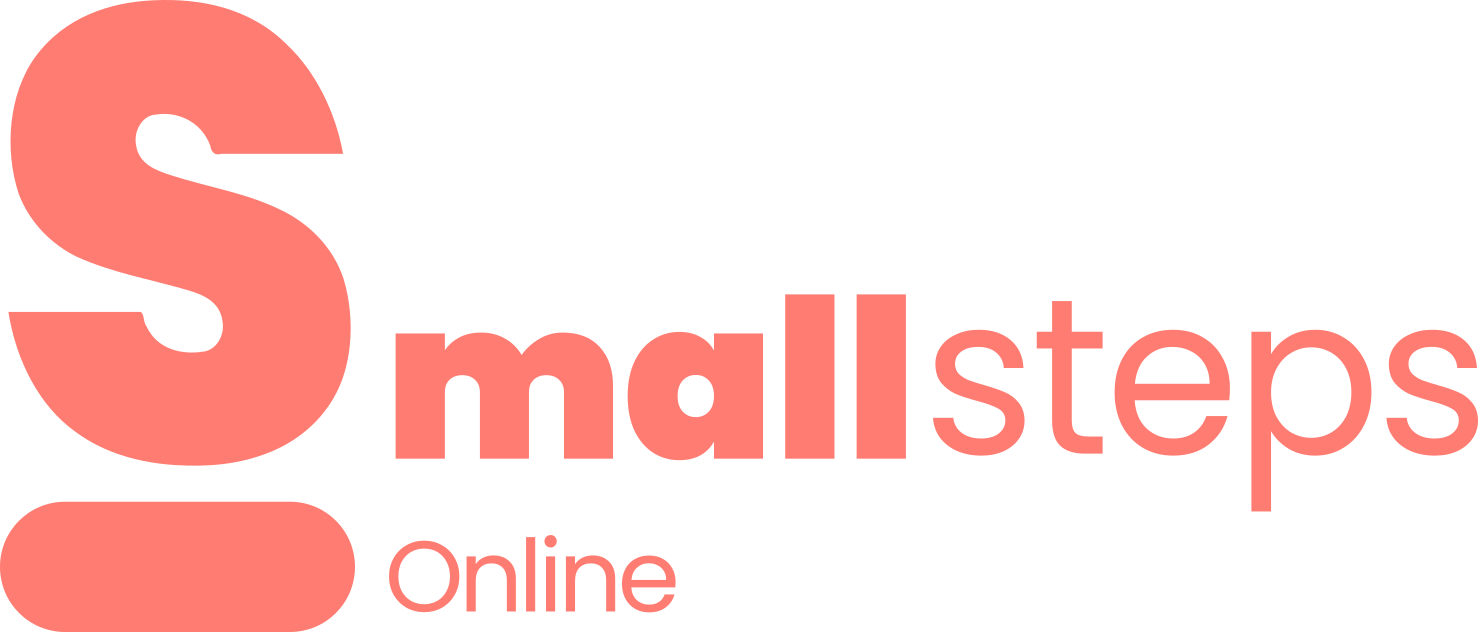What Does “Understanding” Look
Like?
Receptive language is your baby’s ability to connect meaning to the sounds, words, and gestures around them.
You might notice your baby:
Each of these responses is your baby’s way of saying: “I get what you mean.”
How Babies Learn Before They Talk
Babies are natural learners. Here’s how understanding begins to take shape:
Think of it like laying stepping stones across a river — each word or gesture you use helps your baby cross toward full speech.
Practical Ways to Support Early Understanding
Here are some everyday strategies you can use to help your baby build their language foundation:
Why This Matters for Children with Down Syndrome
Because speech may take longer to develop, focusing on receptive language gives your baby a strong head start. When a child understands language well, it makes learning to talk later much easier. Plus, it helps reduce frustration — they feel included in conversations even if they can’t join in with words yet.
The Takeaway
Babies understand so much more than they can say. By talking, gesturing, singing, and reading with your little one, you’re building the foundation for speech, connection, and confidence. Every smile, glance, or giggle is a sign that your baby’s understanding is growing. So keep chatting away — your baby is listening, learning, and connecting with you every single day. ✨
Understanding always comes before speaking. Every time you talk, gesture, and include your baby in everyday life, you’re building the foundation for future communication.
Receptive language is your baby’s ability to connect meaning to the sounds, words, and gestures around them.
You might notice your baby:
- Turning toward you when you say their name
- Getting excited when they hear the word “milk” or “bath time”
- Lifting their arms when you say, “Do you want to come up?”
- Smiling or calming down when you use a gentle, soothing voice
Each of these responses is your baby’s way of saying: “I get what you mean.”
How Babies Learn Before They Talk
Babies are natural learners. Here’s how understanding begins to take shape:
- Tone and Emotion — Babies pick up on how words feel before they know what they mean.
- Repetition in Routines — Familiar daily events (like “nappy time” or “let’s go outside”) give words meaning through repetition.
- Gestures and Expressions — Waving, pointing, clapping, or using baby sign language can reinforce understanding.
- Key Words — Simple, consistent words (like “ball,” “bye-bye,” “teddy”) become anchors of meaning.
Think of it like laying stepping stones across a river — each word or gesture you use helps your baby cross toward full speech.
Practical Ways to Support Early Understanding
Here are some everyday strategies you can use to help your baby build their language foundation:
- Narrate life out loud
- Talk to your baby during routines: “We’re zipping up your jacket” or “Here comes the spoon!” The more language they hear, the stronger their understanding.
- Pair words with gestures: Use simple hand movements, pointing, or signs alongside words. This gives your baby more ways to connect meaning. Play “Where is…?” games Ask, “Where’s the teddy?” and encourage your baby to look or point. Celebrate even the smallest attempts.
- Use baby sign language: Simple signs (like “milk,” “more,” “all done”) reduce frustration and give your baby a bridge to communication before speech develops.
- Read and sing daily: Repetition in songs, rhymes, and simple books strengthens memory and helps words “stick.” Babies love hearing the same things again and again — and that’s how they learn.
- Pause and wait: After you speak, give your baby time to process. Even a few extra seconds can make a big difference in helping them connect and respond.
Why This Matters for Children with Down Syndrome
Because speech may take longer to develop, focusing on receptive language gives your baby a strong head start. When a child understands language well, it makes learning to talk later much easier. Plus, it helps reduce frustration — they feel included in conversations even if they can’t join in with words yet.
The Takeaway
Babies understand so much more than they can say. By talking, gesturing, singing, and reading with your little one, you’re building the foundation for speech, connection, and confidence. Every smile, glance, or giggle is a sign that your baby’s understanding is growing. So keep chatting away — your baby is listening, learning, and connecting with you every single day. ✨
Understanding always comes before speaking. Every time you talk, gesture, and include your baby in everyday life, you’re building the foundation for future communication.
Disclaimer: The information provided on Small Steps Online is for educational purposes only and is not a substitute for professional medical, therapeutic, or developmental advice. Always consult with qualified healthcare providers, therapists, or relevant professionals regarding your child’s specific needs and situation. The September Institute and Small Steps Online are not liable for any outcomes resulting from the use or misuse of the information shared here.


